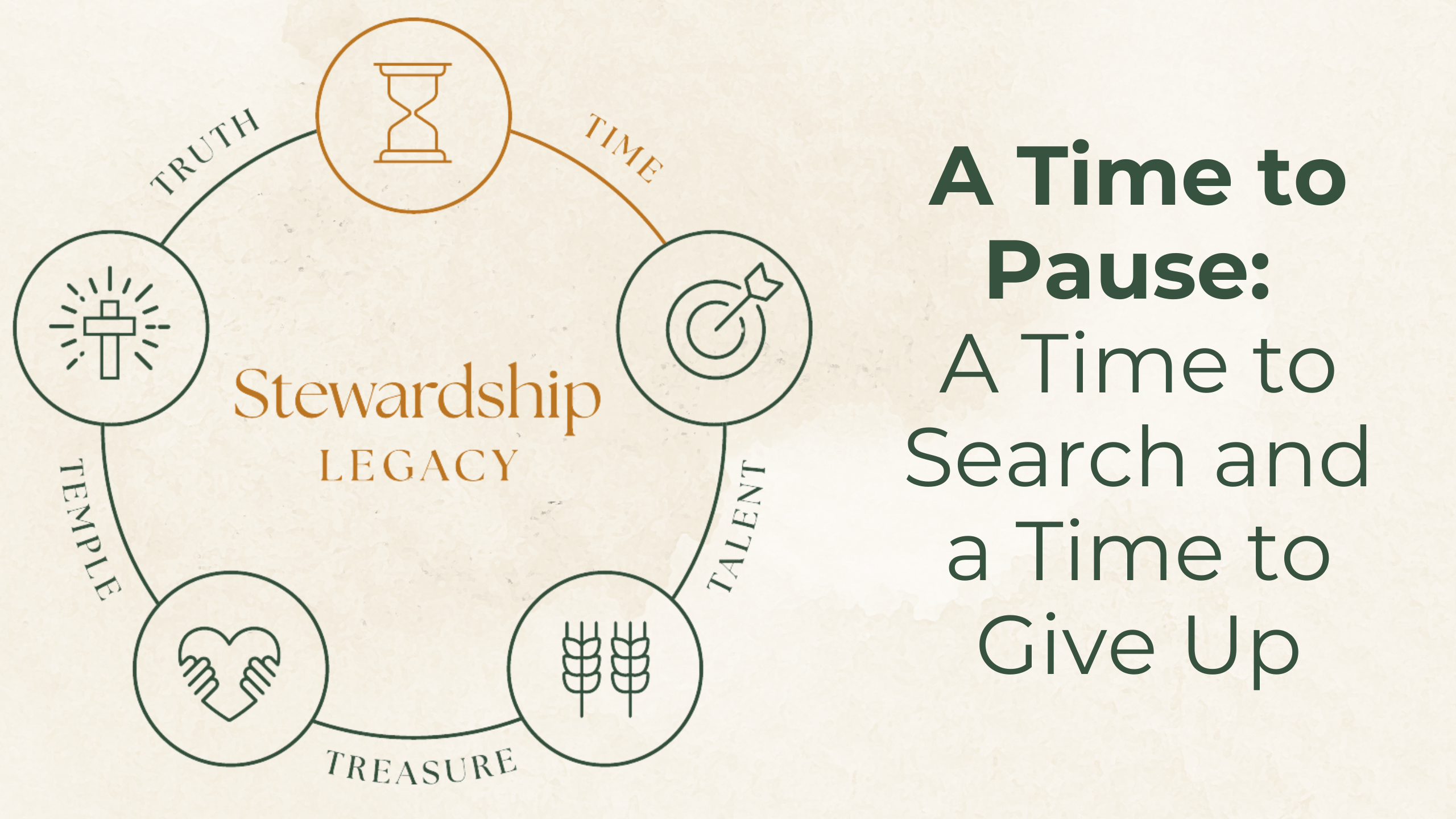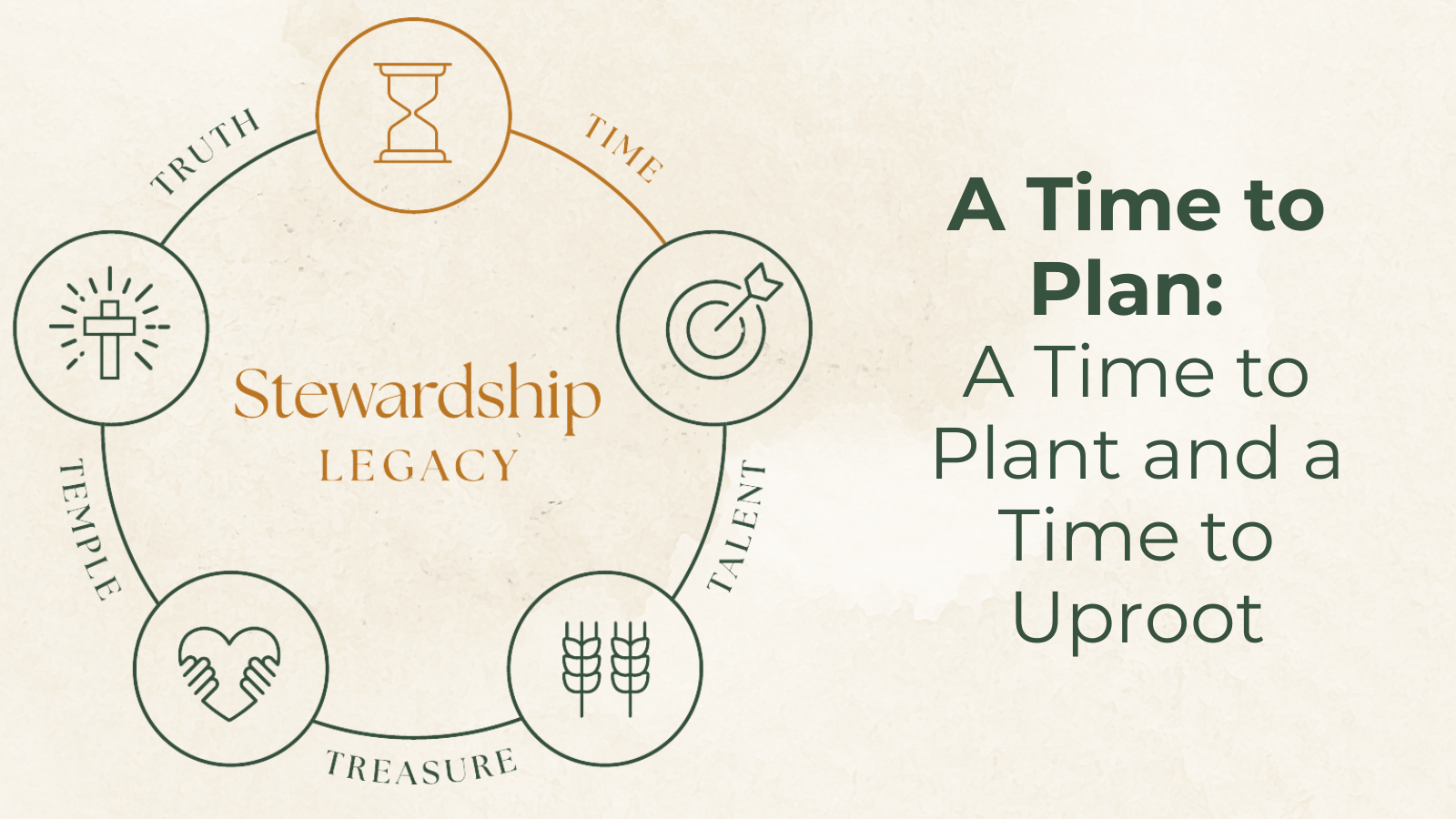Watch the livestream beginning at 10:30 a.m. on Sunday. After the livestream is finished, the video will be available to watch at any time.
Second Lesson: 2 Thessalonians 1:1-5,11-12 (NIV)
Gospel: Luke 17:1-10 (NIV)
Music:
- Preschool Anthem – Let’s Praise the Power of Jesus’ Name
- CW 735 Before You I Kneel
- CW 748 Brothers, Sisters, Let Us Gladly
- CW 749 God, Whose Giving Knows No Ending
- CW 842:1,4 Jesus, Still Lead On
Message for October 2, 2022 (Pentecost 17)
Pastor Jake
Luke 17:1-10 (NIV)
Jesus said to his disciples: “Things that cause people to stumble are bound to come, but woe to anyone through whom they come. 2 It would be better for them to be thrown into the sea with a millstone tied around their neck than to cause one of these little ones to stumble. 3 So watch yourselves.
“If your brother or sister sins against you, rebuke them; and if they repent, forgive them. 4 Even if they sin against you seven times in a day and seven times come back to you saying ‘I repent,’ you must forgive them.”
5 The apostles said to the Lord, “Increase our faith!”
6 He replied, “If you have faith as small as a mustard seed, you can say to this mulberry tree, ‘Be uprooted and planted in the sea,’ and it will obey you.
7 “Suppose one of you has a servant plowing or looking after the sheep. Will he say to the servant when he comes in from the field, ‘Come along now and sit down to eat’? 8 Won’t he rather say, ‘Prepare my supper, get yourself ready and wait on me while I eat and drink; after that you may eat and drink’? 9 Will he thank the servant because he did what he was told to do? 10 So you also, when you have done everything you were told to do, should say, ‘We are unworthy servants; we have only done our duty.’”
At this point in time, Jesus is making his last journey to Jerusalem before his death on a cross. He’s taking the long way there, traveling back and forth in Southern Galilee and into Samaria, in order to spread God’s Word and teach people about the kingdom of heaven. During his travels, he had recently brought attention to the danger of loving money (a sin the pharisees especially struggled with). A person could not serve two masters. A person could serve either God or money, but not both. Now, in our text for today, Jesus shifts the focus to something he knows his own disciples will struggle with. They would be tempted to think that because of their relationship with Jesus, the great Messiah, people should bow before them and serve them. Jesus is about to show them the opposite is true. Great faith comes with great duty. They would be expected to serve even those considered lowly. It would be hard work, but through that work would come great joy.
We are going to do something a bit strange today and take the text backwards, starting with verses 7-10 and then going through verses 1-6. So let’s get started. In the last four verses of our text, God gives the picture of a slave. Before we go any further, this is not in any way saying God wants you to have ownership over another human being. This is not God saying to treat people like dirt or anything like that, so please don’t get that into your mind. But the picture of a slave was a common one during the time this was told. It was seen on a regular basis. Everyone would know what Jesus was talking about so it allowed him to prove a point.
In the image of a master and a slave, who gets to tell whom what to do? The master gets to tell the slave. You wouldn’t ever see it the other way. And the master didn’t have to give the slave a thank you or anything at all. The slave was simply doing his duty.
Let’s put it this way. Many of you have jobs. You get paid to do your job. You wouldn’t expect someone to do your job for you. It’d be nice to receive a thank you for the work you do, but it isn’t absolutely required because it is simply your duty to do it.
In the same way, God isn’t required to give us anything at all. God owes us nothing. He has every right to tell us what to do and we have done nothing whatsoever to merit God’s favor. We have sinned and are not perfect and therefore cannot demand God to let us into his perfect place of heaven. Because of this we shouldn’t think too highly of ourselves compared to others. When you add everything up, we are all equally unworthy in God’s eyes. All of us are sinners. But we also know that we are saved in Christ. Our faith holds onto the worthiness Christ won for us. His perfect life replaces ours by his death on the cross. We are saved. But now what? God has some commands for us to carry out. Note the verse says we are unworthy servants, not useless. So let’s take a look at what God wants us to do.
Jesus begins by saying, “Things that cause people to stumble are bound to come, but woe to anyone through whom they come.” The words “things that cause people to stumble” are translated from the Greek Word σκάνδαλα. This word has the nuance of triggering a trap. The whole point of a trap is to catch or kill something. Think about all the types of traps there are out there. If I brought a mouse trap to church today and asked if we could experiment with someone’s finger, I don’t think I’d have too many volunteers. If I brought a bear trap with its iron jaws meant to dig into flesh, I know I wouldn’t get many volunteers. If I brought a poison trap meant to kill, you’d be even less inclined to volunteer. That would be smart of you because traps bring pain and sometimes even death. Jesus says in this verse, traps of temptation are going to happen. In a sinful world, it’s impossible for them not to come, but that doesn’t mean Jesus likes them. In fact, Jesus says, “Woe to those through whom they come.” Just as you would be mad if someone put one of your family in a bear trap, Jesus is livid when someone puts one of his family in the trap of temptation.
How mad is he? Let’s let verse 2 tell us. “It would be better for them to be thrown into the sea with a millstone tied around their neck than to cause one of these little ones to stumble.” Millstones were very heavy stones used for grinding grain. I found several sources state millstones were often 3,300 pounds. How many of you would choose to have a giant stone placed around your neck and be cast into the sea, struggling as your lungs yearn for the life-giving oxygen, but instead receive only torturous pain until you finally drown? And yet this awful, terrible option would be preferable than to put God’s children into a trap and then face God’s wrath. In short, a millstone is way better than hell. Jesus tells us here that causing someone to stumble into temptation is a very serious matter indeed.
Can I give you an example of what this might look like? I imagine a parent telling their children that faith in God is something only for the unintelligent. Young kids often look up to their parents and that would probably lead the child away from Christ. It certainly wouldn’t lead them any closer to Jesus. This would be causing someone to stumble and Jesus wants everyone to have a relationship with him.
But that’s not the only example. The words for “little one” in this verse have a general definition in the realm of small or insignificant. And so they can be used for anyone struggling in view of faith, child or otherwise. That means another example might be telling your kids something is wrong which you then proceed to do every night. Or it could be walking right past someone who desperately needs help. Or maybe it’s gossiping about someone at work and trampling their good reputation just because you don’t like that person. All of these things could cause people to be tempted and stumble in the faith.
My point is to show you how hard this really is. Your words and actions affect a lot of people and it can be difficult to cause someone not to be pushed away from their faith. Some of you here today can probably even think of a time when someone or something pushed you away from faith. And God’s wrath is against those who push people away from true faith. It’s so important to help people get closer to Jesus without pushing others away, but it’s hard to do. And it’s about to get even harder.
Verses 3 and 4 say, “If your brother or sister sins against you, rebuke them; and if they repent, forgive them. Even if they sin against you seven times in a day and seven times come back to you saying ‘I repent,’ you must forgive them.” This is one of those statements that is easy to understand, but hard to carry out. First, rebuking sin is hard. Pointing out sin involves potential conflict, something our society generally shies away from (at least one-on-one and face-to-face). But if you truly have your loved ones’ best interests at heart, then you will do the loving thing and point out what could be dangerous to their soul. Just as you wouldn’t let a baby eat pounds of candy every day for dinner, you wouldn’t want someone to gorge their souls on dangerous sins. The point of this isn’t to prove yourself right or to put someone else down. It’s just to be as helpful and loving as possible while bringing people closer to Jesus. And again, that’s hard to do.
After that, another even harder part comes. God expects you to forgive others and not hold their actions against them. The Lord points out that we should forgive even if someone sins directly against us seven (or even a million) times in a single day. Think if someone tells a lie about you to someone. That is going to hurt. The injustice of it all may have you shake with rage. Now what if someone did that seven times in one day, or 15 times, or 28 times? If they are repentant, trying to turn away from that sin and towards Jesus, making amends and asking for forgiveness, guess what? God expects you to forgive that person. It most certainly will be a blow to our pride, and yet God commands us to forgive. How could God expect us to do something like that? Probably because he does the exact same thing for us.
As you look at these first 4 verses, think of all the times we’ve failed to live up to those commands. The times we’ve created stumbling blocks for peoples’ faith with both our words and actions. The time when we didn’t point out someone’s dangerous sins because we didn’t want to deal with the arguments. The time we didn’t forgive someone because we let something go even when God commanded us to do so. We’ve created all sorts of stumbling blocks to faith for ourselves and others. And God said at the beginning of our text that woe is in order for those who do that. On top of that we have sinned. It would be better for a millstone to be hung around our necks and tossed into the sea than to face the wrath God has for us.
However, God in his mercy, has a much better solution for us. The preschoolers sang the answer for us. “Let’s bring our sins to Jesus’ feet, the big sins and the small.” That means the more dangerous sins and the less dangerous sins, the sins punishable by the government and even the sins that wouldn’t get you in trouble. Our Savior wipes them all away. I love this section because as Jesus points out the disciples’ unworthiness, Jesus himself is headed to the cross where he will rectify our situation and make us worthy through him. With his perfect life and innocent death, he took our place. And forgave every single one of our sins. But wait, didn’t we already cover that Jesus saved us in the beginning of the message? We know we are forgiven. But how do we complete his commands?
The disciples knew this was impossible on their own. Verse 5 states, “The apostles said to the Lord, “Increase our faith!” I had the same response when I read this. “Is this even possible, God? My pride can be so big. How can I complete your commands? God, help me! My faith is so small.” God answers the question with, “If you have faith as small as a mustard seed, you can say to this mulberry tree, ‘Be uprooted and planted in the sea,’ and it will obey you. “
Now this doesn’t mean I should expect to see you outside after church trying to move trees into the St. Croix river with only the power of your mind. But what Jesus is saying here is even small faith is able to do great things. Why? Because it looks to the Lord and trusts in his power. Strong faith is preferable, but even a small faith is enough.
If we have any faith at all, it can bring about something that does not seem possible because it is God who created it. God often works this way. Just stop and think about how a small, seemingly insignificant seed can grow into something which doesn’t seem possible. A small faith, even with doubts and wariness can still accomplish great things. In other words, a weak faith is no excuse. This is a great reminder for us when we pessimistically think things involving God’s Word won’t work. Even as pastors, we often underestimate the miracles God works through faith and his Word. And yet God continues to do them.
God is bad at math. Did you know that? Now obviously, I don’t mean God doesn’t know how to do math. But look at the kinds of things he does. In the Bible, Jesus was once surrounded by 5000 men along with thousands of women and children who were all needing food. Somehow, he was able to feed them all with 5 small loaves and two small fish until all were satisfied. And he ended up with more leftovers than the food that he started with. That is not good math. A tiny mustard seed can turn into this large plant. That’s surprising math. But the best part of God’s math is knowing what God can do through you. We are humble servants, but God is able to take people like us and give us a strong faith. On top of that, armed with the powerful, but seemingly tiny Word of God, God is able to save a harvest of people, yielding a hundred, sixty or thirty times what was sown (Matthew 13:23). We’ve heard this verse a lot in our church over the past couple weeks. “Now to him who is able to do immeasurably more than all we ask or imagine, according to his power that is at work within us (Ephesians 3:20).”
Therefore, we should happily do what the Savior tells us to do: understand we are buy humble slaves, try not to cause others to sin, point out sin and forgive the repentant freely, and use whatever faith we have to accomplish great things. This is simply what faith does. It’s confident in what God can accomplish in us and through us. It acts, delighting in its duty. Amen.



